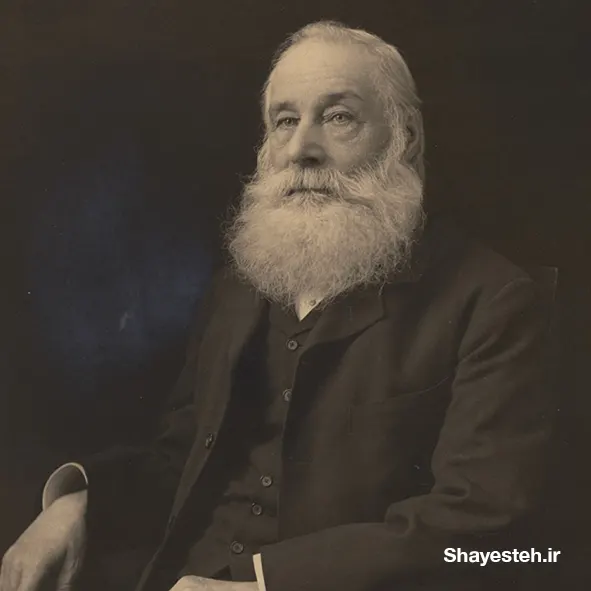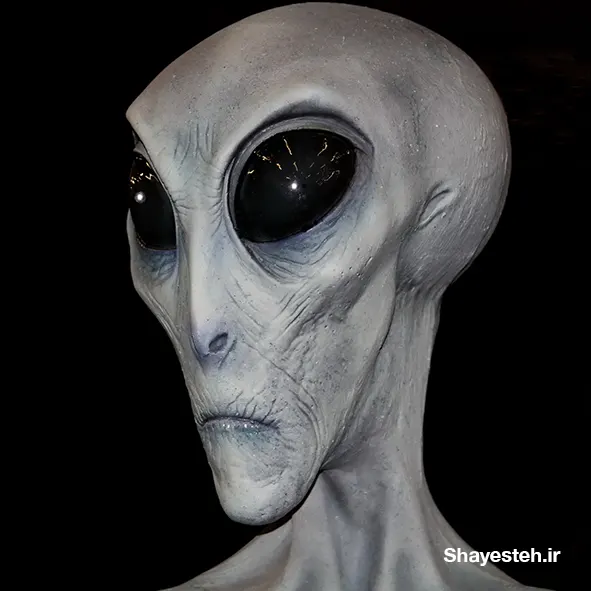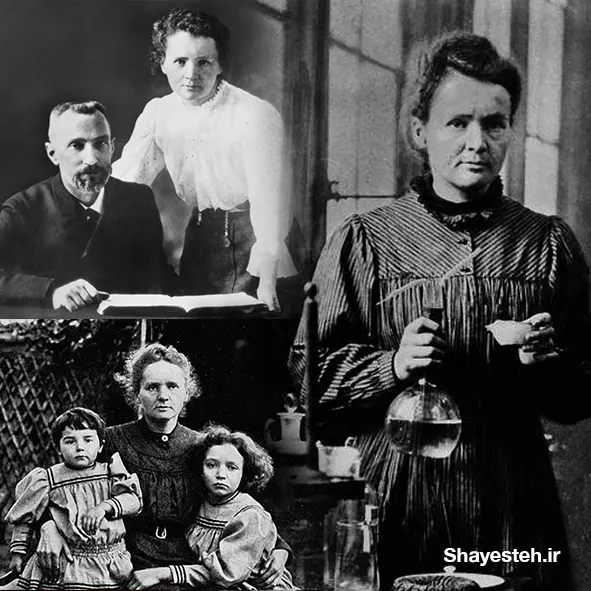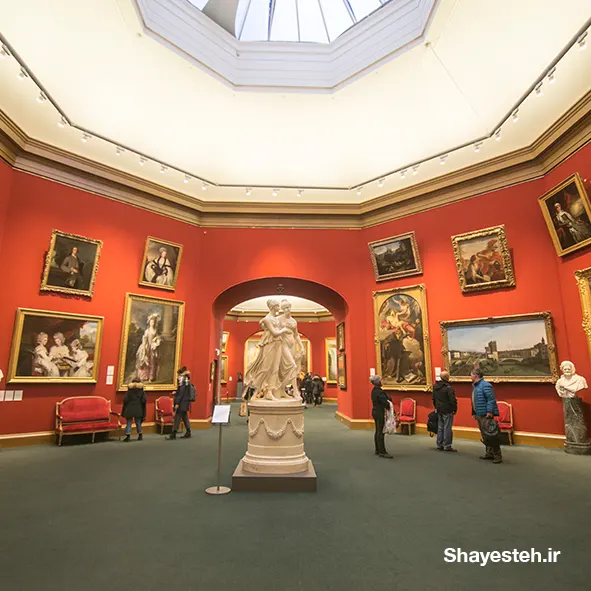Test 1

The man who invented synthetic dyes
The man who invented synthetic dyes William Henry Perkin was born on March 12,1838, in London, England.

Is there anybody out there? The search for Extra-terrestrial Intelligence
The question of whether we are alone in the Universe has haunted humanity for centuries, but we may now stand poised on the brink of the answer to that question, as we search for radio signals from ...

The history of the tortoise
If you go back far enough, everything lived in the sea.
Test 2

Children with auditory problems
Hearing impairment or other auditory function deficit in young children can have a major impact on their development of speech and communication, resulting in a detrimental effect on their ability to ...

Venus in transit
June 2004 saw the first passage, known as a ‘transit’, of the planet Venus across the face of the Sun in 122 years.

A neuroscientist reveals how to think differently
In the last decade a revolution has occurred In the way that scientists think about the brain.
Test 3

Attitudes to language
It is not easy to be systematic and objective about language study.

Tidal power
Undersea turbines which produce electricity from the tides are set to become an important source of renewable energy for Britain.

Information theory - the big idea
Information theory lies at the heart of everything-from DVD players and genetic code of DNA to the physics of universe at its most fundamental.
Test 4

The life and work of Marie Curie
Marie Curie is probably the most famous woman scientist who has ever lived.

Young children's sense of identity
A sense of self develops in young children by degrees.

The development of museums
The conviction that historical relics provide infallible testimony about past is rooted in the nineteenth and early twentieth centuries, when science was regarded as objective and value free.